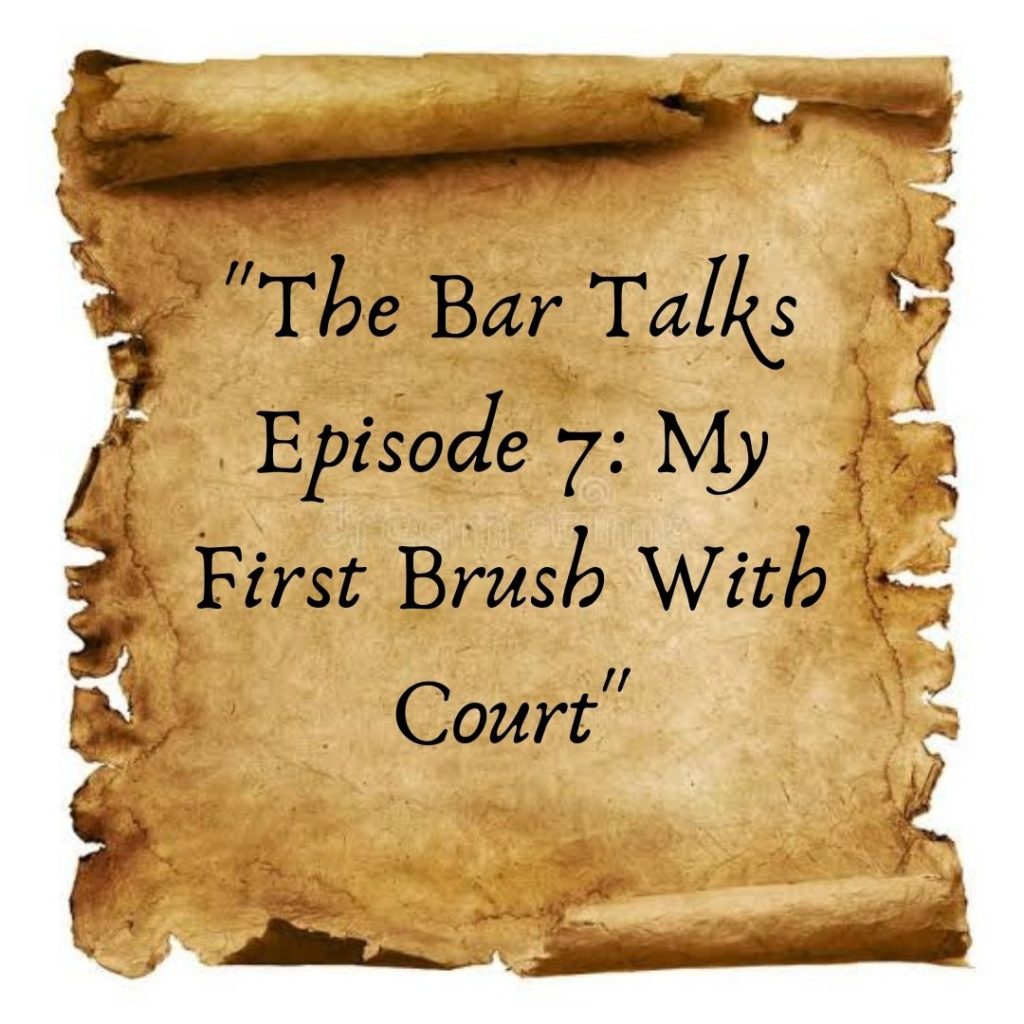Synthia Das
‘Courtroom’ – Whenever we hear this word, the first thing that strikes in our mind is “Taariekh–pe–Taariekh” whether we be a law student or not because somewhere we all fantasize about this statement when it comes to courtrooms. Isn’t it the dialogue which we all have heard in many famous 90s movies? To some extent, it works that way in reality too. By nature, courts tend to appoint dates after dates and finally, I believed this when I stepped into a court for the first time.
One of my seniors who already had visited court several times due to his internship offered me to gather an experience on how it works. On stepping on the entrance of the Calcutta High Court and post security-check, I could notice noisy commotion everywhere around. Some were getting their affidavits typed. While everyone was busy only I seemed a bit lost, literally and figuratively.
As my senior was busy with his work, I decided to choose a courtroom, entered quietly, and sat down. Decorum was highly maintained. Dozens of advocates were moving to and fro. Though a major missing was a ‘Filmi – Type’ courtroom drama going on. Lawyers had a very composed behaviour than shouting at the top of their voice as shown in movies. Heaps of case papers lying on the tables almost took the form of a mountain. No wonder why it takes ages in our country to get a case solved or to attain justice. Suddenly something caught my attention. I was kind of amused to see the judge was just throwing the case papers back to the lawyers without even reading or listening to what they had to say. After spending some time in that particular room as I stepped out of the room, my senior walked in and was all set to give me a tour of the court.
Firstly, we went to the Affirmation Department where a plaintiff has to file a ‘civil suit’. Here our case papers have to be signed in front of a court officer to confirm that it is us who are filing the suit. Filing criminal cases are taken care of by the police. From there the case papers are passed to the Lodging or Board Department. The officers there known as judges, verify the papers and see if anything objectionable is to be deleted from the papers. Once the mistake is rectified, a ‘Pukka’ number or the case number is given which means our case is now ready to be heard in court. We then visited the Probate Department which deals with the cases on personal and commercial wills. If we want to get a particular will executed we have to file an application in the High Court and get a succession certificate. Only then we can get the benefits of the will. In case we want to file a case against the Government (god forbid) they have a different department and here a “Writ Petition” is filed instead of a suit.
While exploring so much, I hardly did realize that the day was about to end. As a result my expedition for the day also came to an end. Hence, my first brush with the court was too exciting and thrilling.
(Author is a law student at Amity Law School, Kolkata)

